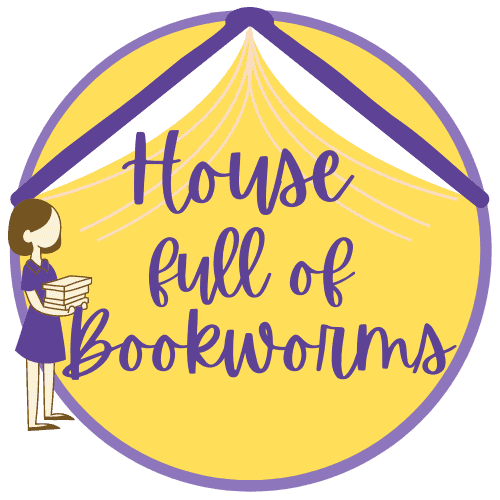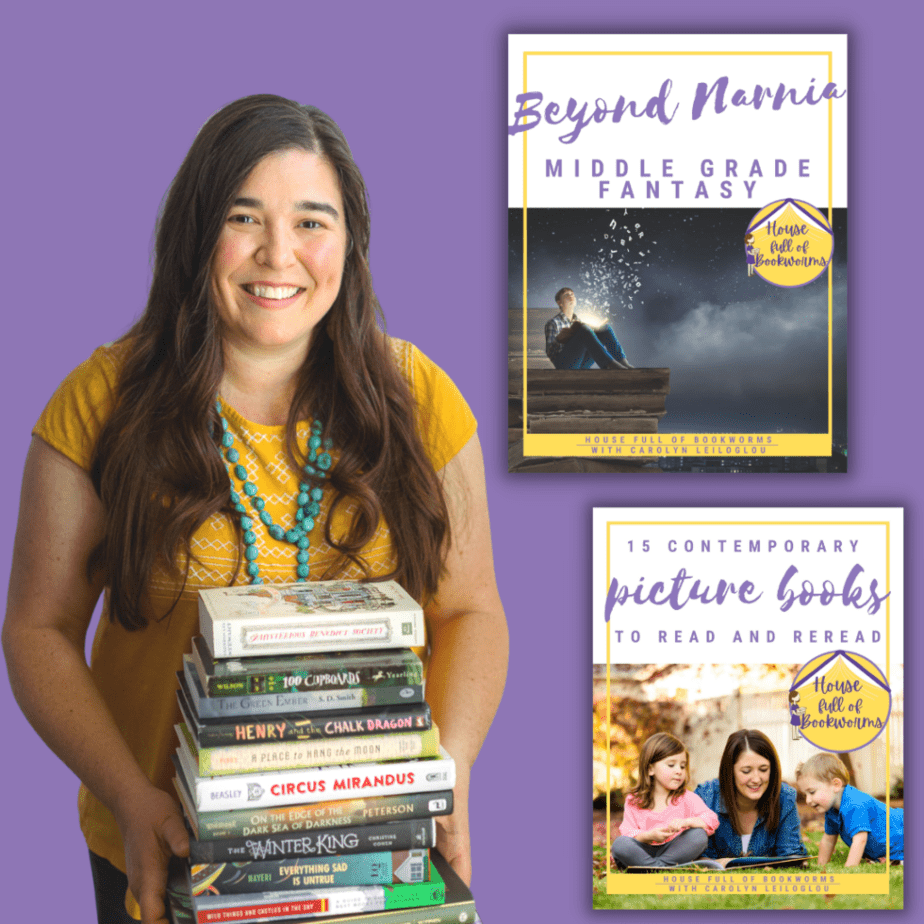So, I tend to be a bit of a word-nerd. I was an English major, took multiple linguistics classes (for fun), and can’t wait to hear the latest Grammar Girl podcast every week.
Needless to say, I love the word-related concepts Andrew Clements so cleverly introduces to kids in his book Frindle.
But, as a parent, I did start off with a concern that the main character, Nick Allen, might be a troublemaker. He does, after all, cause a bit of an uproar in his small town after he gets all of the fifth-grades to begin calling their pens “frindles,” much to the apparent chagrin of his English teacher, Mrs. Granger.
But Nick is, overall, a well-meaning, respectful kid. His worst classroom behavior–and how everything gets started–is that he tries to distract the teacher at the end of class before she can assign homework. Mrs. Granger doesn’t fall for it.
When Nick’s distraction technic earns him an extra assignment, an oral report on the dictionary, he decides to experiment by creating a new word. He starts calling pens, “frindles,” and gets everyone he can to do the same. Nick’s teacher, Mrs. Granger, plays the devil’s advocate, and things escalate in school and on the news. Nick isn’t sure he likes all the extra attention.
But what Nick learns, and what your child will learn, is not only how words are made and evolve, but that what any person does, even a kid, has the potential to affect a huge number of people. And that, I think, is a fantastic lesson for kids to learn. What they do is important and can affect the world around them.
Take it a step further: there are a number of ways you could dig deeper into Frindle. Here are a few ideas.
- Have your kids make up their own word and try to get others to use it.
- See if your library has a copy of the Oxford English Dictionary. Look up a word and trace it’s usage and origin back to when it first showed up.
- Talk with your kids about what they might want to do to leave their own mark on the world.
- Talk about ways something negative (like Mrs. Granger’s opposition) can actually turn out positive.
- Find out what words other authors or people have introduced into the English language (start with Dr. Suess or Shakespeare)
After listening to this book together in the car, my daughter went on a bit of an Andrew Clements reading spree, and we are now listening to another of his books, Extra Credit, and really enjoying it. We are now looking forward to the author event with Andrew Clements in the Read Aloud Revival Membership Community July 12, 2016.
Have your kids ever tried to make up a word?








Super creative idea! Now I know why my grandkids were making up words for various objects last week!!!
Yup! Book inspired! 🙂
June 12th! 🙂 And… fabulous post, Carolyn. As always.
Thanks, Sarah! 🙂 I had forgotten he was on the schedule when we checked out the book, so we were super excited to get the reminder! Serendipitous 🙂
My daughter uses the word “favori” which means “more than favorite”
So her favori color is pink 🙂
We also made up a word in French our primary language): man-jouer which is manger (to eat) and jouer (to play) combined. We use it for times when I don’t require she sits and stays at the table for the entire meal. She can eat & play at the same time.
Those are such fun words! Thanks for sharing! 🙂